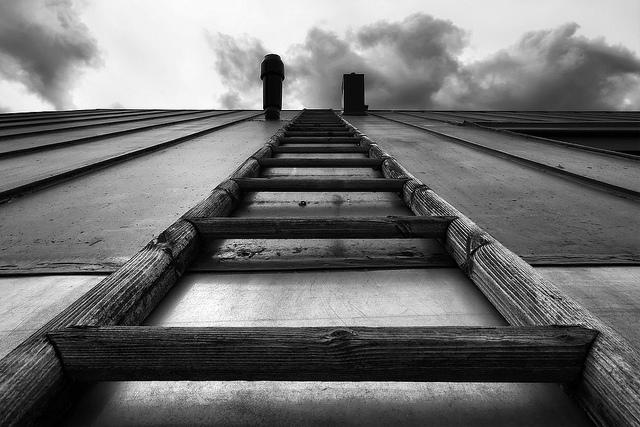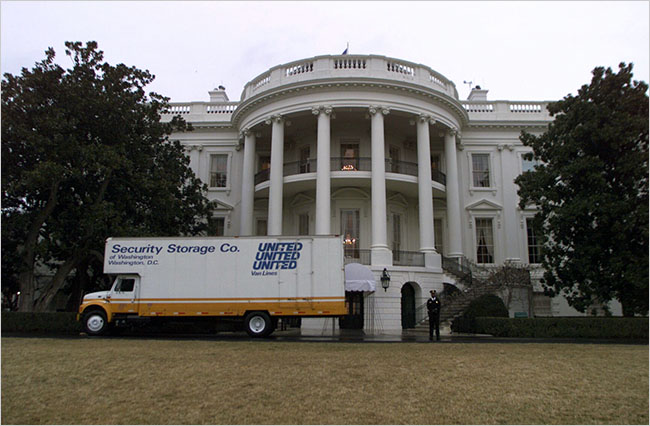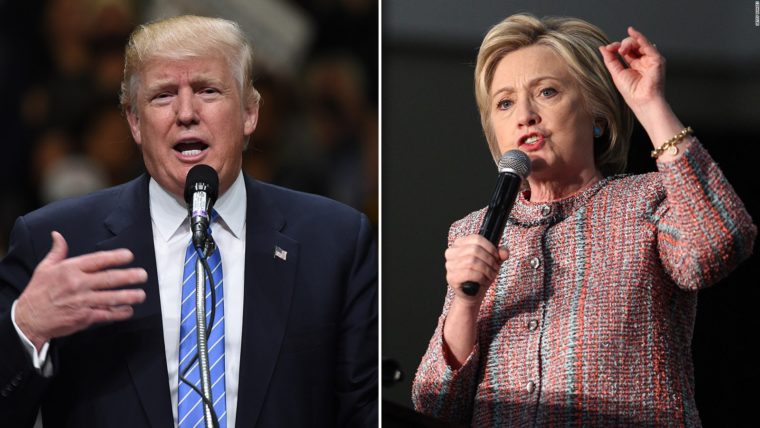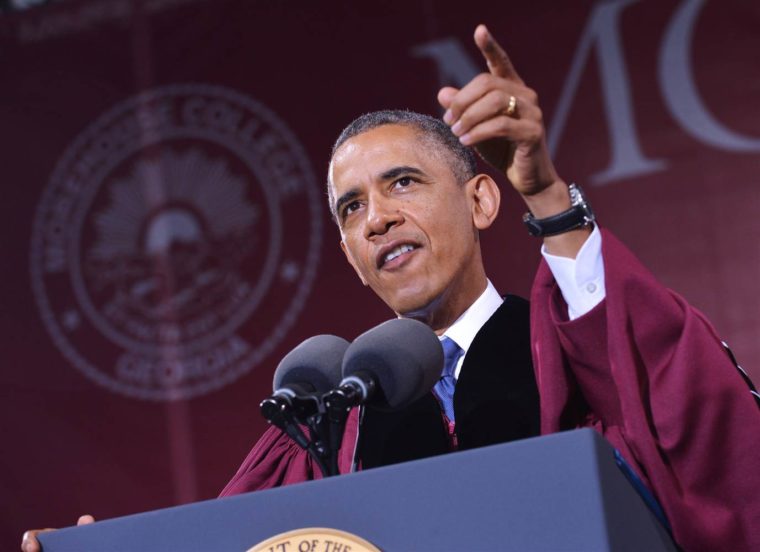What ability does the federal government have to influence higher education? Specifically, what policy levers exist for the federal government to punish an individual college or university? While I will not make a habit on the blog of responding to every higher education related tweet that President Trump sends out, his tweet regarding the University of California – Berkeley opens up a nice opportunity to discuss the role of the federal government in higher education and the limits of federal power over post-secondary education.
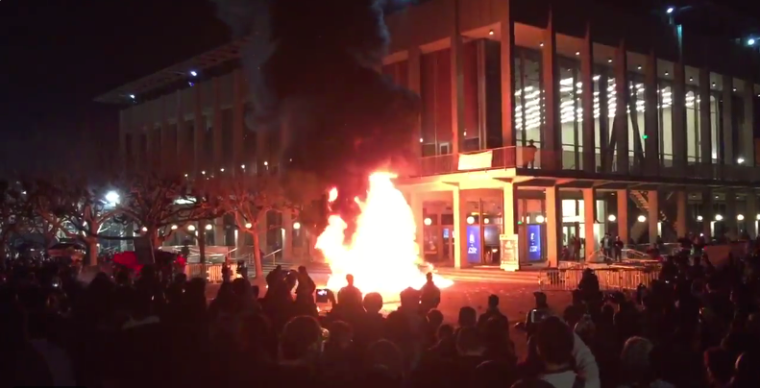
Following a series of protests that started to become violent on the Berkeley campus, the university cancelled a planned talk by Milo Yiannopoulos, a senior editor at the far-right website Breitbart News.

